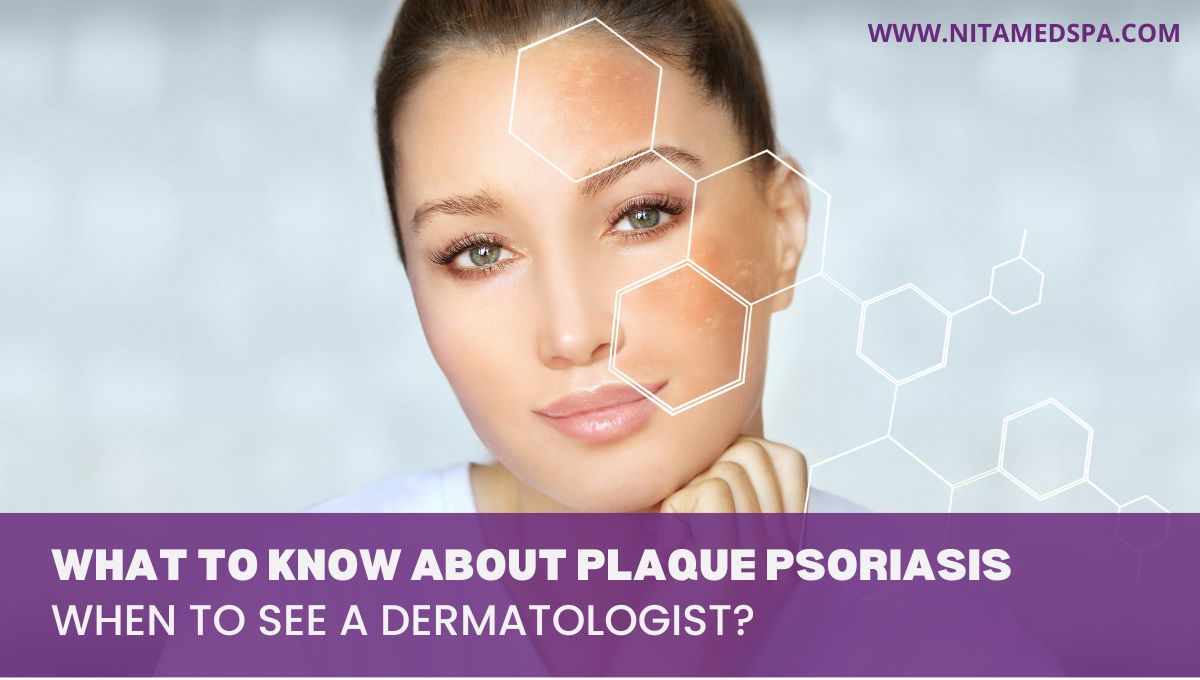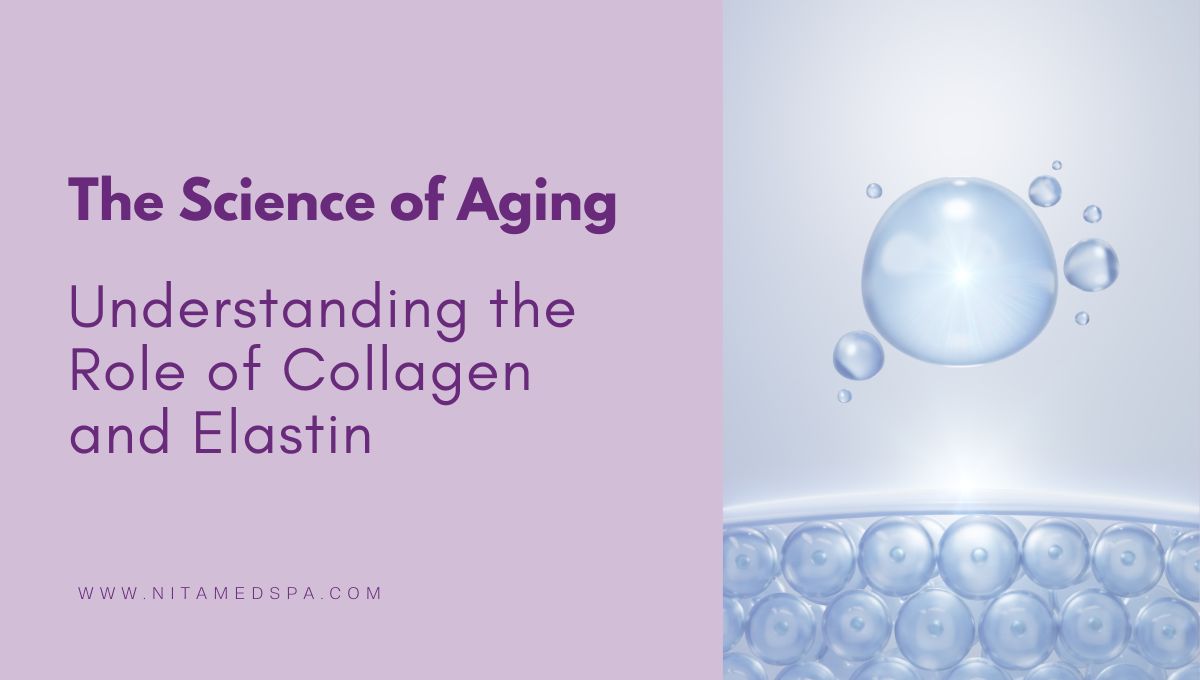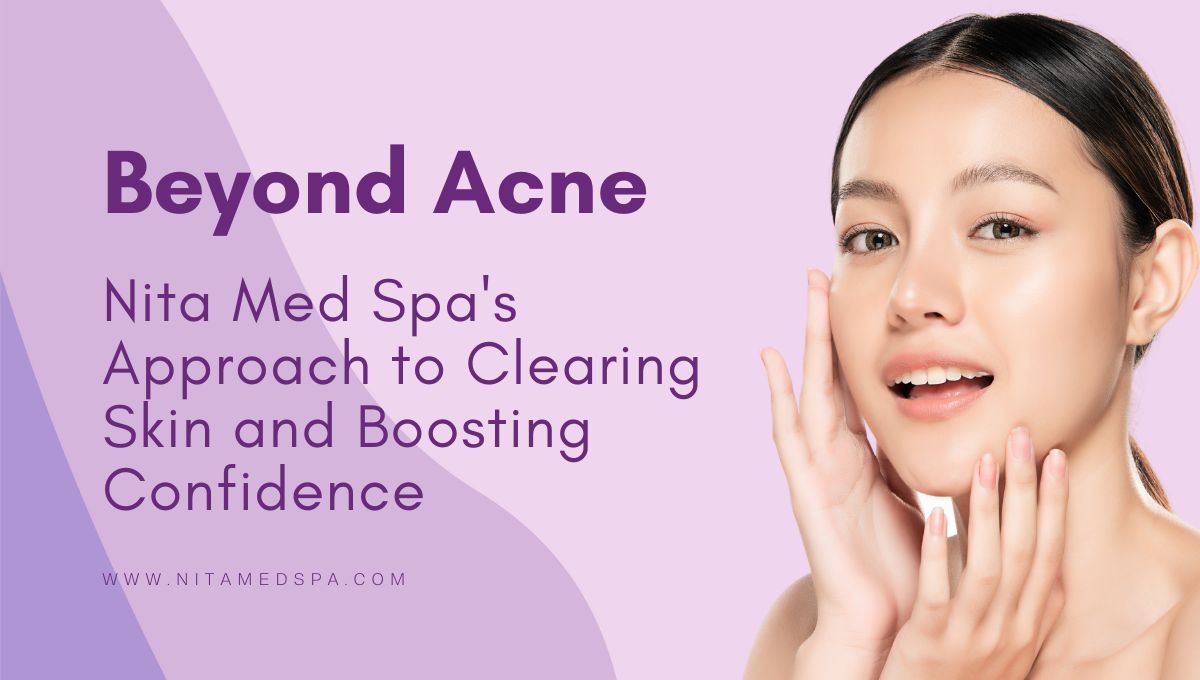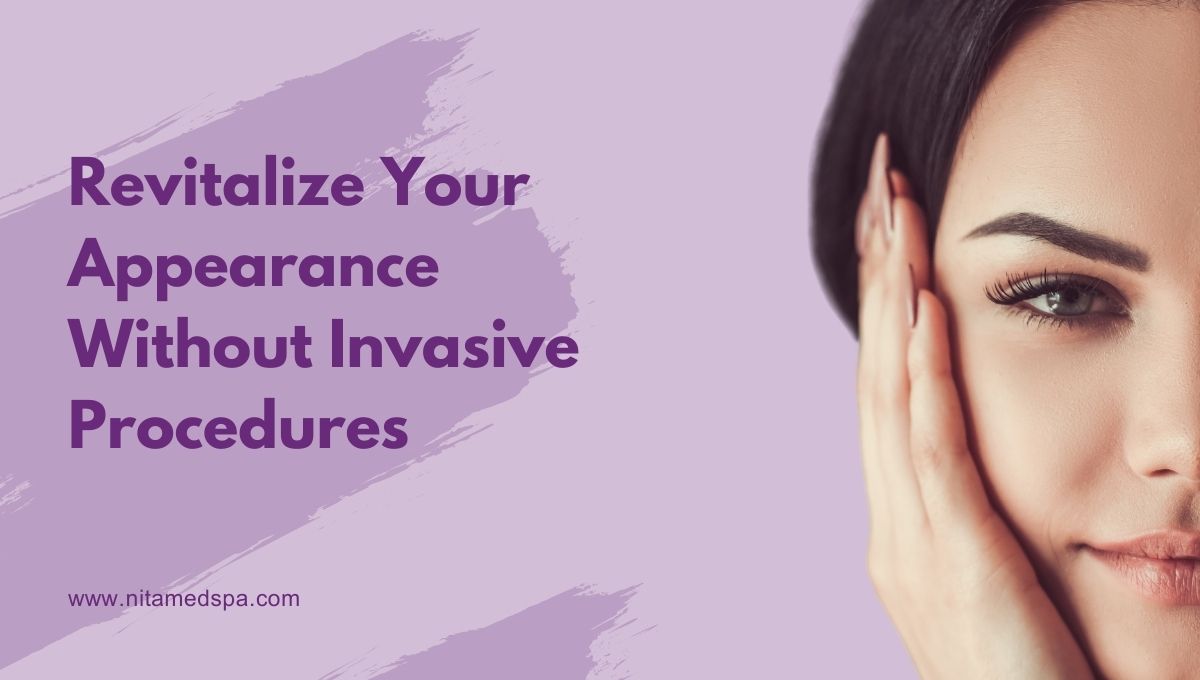Psoriasis is a common skin condition. Patients get itchy, red, raised, and scaly patches on their skin. Although most of the time, these patches appear around the elbows, knees, back, face, scalp, and feet, it is not unlikely to get psoriasis in other places. Moreover, psoriasis may not always occur in small patches as it can cover larger areas of the body too. However, psoriasis doesn’t spread through contact, and neither is it contagious. There is no specified age for psoriasis, it can appear for the first time in childhood or adult life, as seen in multiple cases.
Plaque psoriasis is the most common form of psoriasis and it causes red, itchy, raised patches with silver scales. But there are other forms of psoriasis too, including:
Scalp Psoriasis
It affects the hairline and the scalp
Nail Psoriasis
Affects the finger and toenails
Guttate Psoriasis
Mostly affects teenagers and children
Palmoplantar Psoriasis
Appears on the hands and feet
Inverse Psoriasis
Appears under the breasts, armpits, and around the genitals
Psoriatic Arthritis
A form of arthritis that mostly affects the hands
Symptoms To Look Out For
Since psoriasis can occur at any age, there is no specific time for the symptoms to appear. Symptoms can appear for days and months and in some cases, they never go away. Patients not only go through physical pain and discomfort, but the distress is often emotional too.
Below are some of the most common symptoms of psoriasis:
- Red, dry, itchy skin with scaly patches
- Dry cracks that sometimes even bleed
- Swollen and stiff joints due to psoriatic arthritis
What Causes Psoriasis?
This skin condition occurs as a result of a deep problem with your immune system. The patches appear due to an abnormally rapid skin cell turnover. As a result, cells rise to the skin and thick, scaly patches appear. Psoriasis is known to run in families and also has certain triggers, although different patients can have unique triggers.
Some common triggers include:
- Certain medications
- Stress
- Infections
- Pregnancy
- Skin injuries that result in cuts and scrapes
- Smoking
- Excessive alcohol consumption
What Treatments Are Available for Psoriasis?
Certain topical applications, oral medications, and injectable medications have been known to reduce inflammation, itchiness, and manage other symptoms.
It is important to keep in mind that the kind of treatment most suited for you will depend on the area affected, the severity, and the type of your psoriasis.
At Nita Med Spa, we are constantly looking for innovative solutions for our patients. If you are affected by psoriasis or any other skin condition that’s making your life difficult, we suggest talking to our skin specialists immediately.
To learn more about our services, give us a call. 281 370 0070













